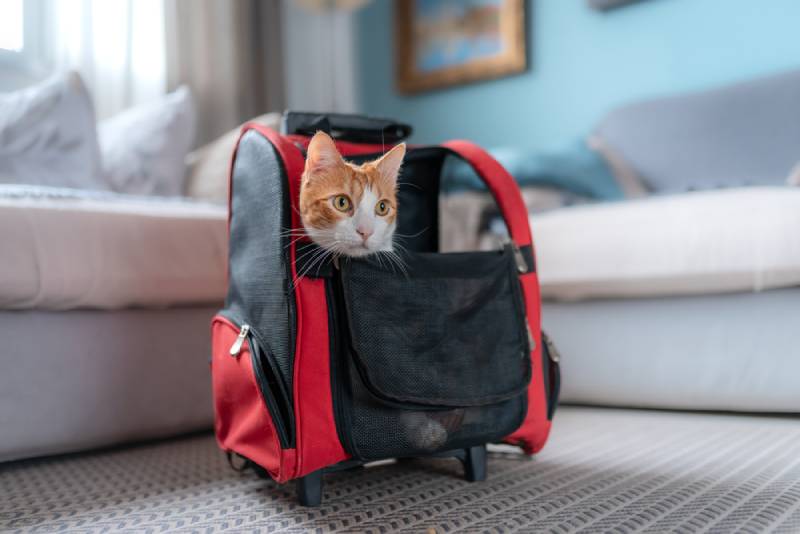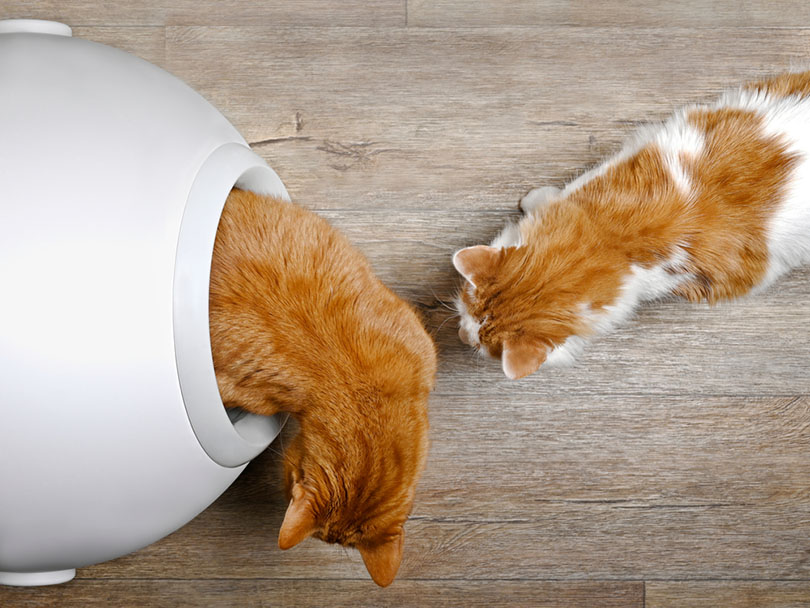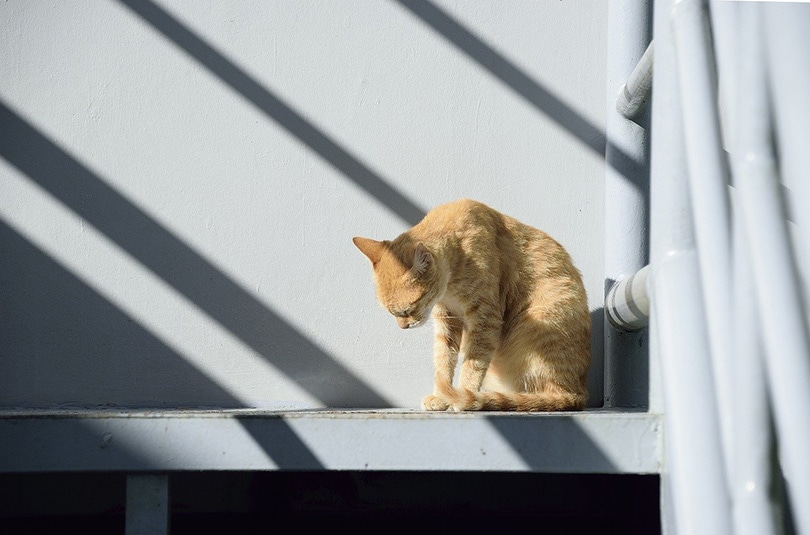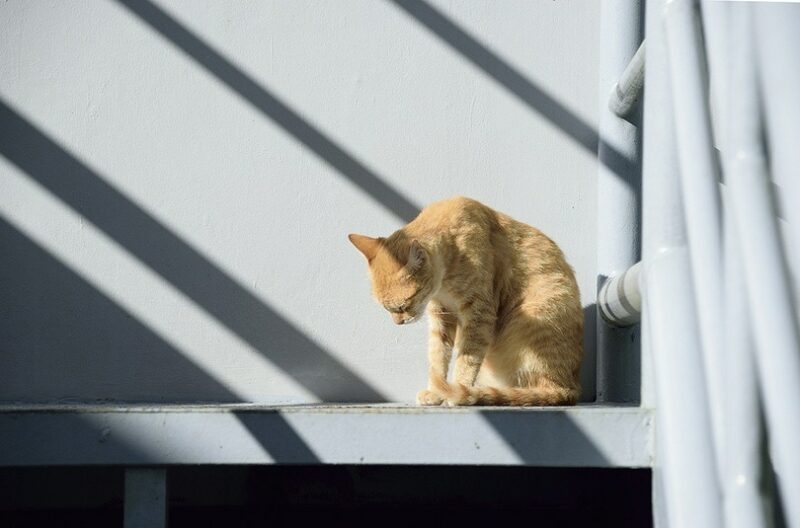Any cat owner knows that cats are independent and self-reliant. Most cats nap during the day and eat when they want. They don’t require being let out to potty, nor do they need to be walked like dogs. When you have travel plans or need to skip out for the weekend, can you leave them alone for a weekend?
While technically you could leave them alone for a weekend, it’s not recommended for a few reasons, such as an illness or some other unforeseen issue or injury. There is some debate about whether leaving your cat alone for a maximum of 2-3 days is okay, but you’ll have to assess if leaving your cat alone for that long is doable, depending on your cat’s personality and routine.
Read on to learn the pros and cons of leaving your cat alone for a weekend.
Why Should I Not Leave My Cat Alone for a Weekend?
Since cats are independent,1 it may seem feasible to leave them alone for a weekend; after all, it’s only 2–3 days. However, a lot can happen during this time, such as an unexpected illness or injury. For instance, your cat can fall off their cat tree or a tall platform. In that case, no one would be around to take your cat to the vet for treatment. A severe injury could evolve into a dire medical situation that needs to be addressed immediately.
Your cat could suddenly become ill and need medical treatment ASAP. If you’re not home and your cat is alone, the illness could result in a dire medical event that could end in the worst outcome. Some cat owners buy automatic cat feeders and waterers so that their cats have fresh food and water while they are away; however, these devices can malfunction, leaving your kitty without food or water.
Even though cats are known for their independence, they still benefit from human interaction. It is vital for your cat’s mental health,1 and leaving your cat all alone may cause anxiety or stress. Recent research supports what many owners already know for a fact: that our presence matters to our pet cats.2 The study showed that cats are more eager for attention from their owners after a longer period of being apart.

Tips for Keeping Your Cat Healthy, Happy, and Safe
Cats need physical and mental stimulation, and providing cat toys and a scratching post is ideal for keeping your cat happy. Cat condos are excellent for giving your cat a safe place to retreat, especially if you have other pets. Always feed your cat high-quality cat food, and keep their weight stable to prevent obesity.
What About the Litter Box?
Cats can be picky about their litter box. Some don’t like the litter you’re using, or the size may not be appropriate. If you’re gone for the weekend, your cat may not be pleased with having a dirty litter box and may use the bathroom outside the litter box.
You can place a couple of extra litter boxes for your kitty to have other places to do their business. Self-cleaning litter boxes are an excellent option when you’re away, too.

Should I Board My Cat While I’m Away?
You can board your cat in a kennel specializing in caring for cats. However, cats are territorial creatures and may become stressed in a boarding facility. Booking your cat has pros and cons, but it’s still a favorable option, especially if you’re gone for more than just a weekend.
A boarding facility will give your cat the attention they need, and you can rest assured your cat will be well taken care of. Also, if your cat becomes injured or comes down with an illness, the boarding facility can handle the problem. You can also enlist the help of a family member or friend to check on your cat each day you’re gone to ensure they’re okay. Ensure the person has the phone number of your veterinarian before leaving.
Conclusion
Ultimately, your cat should be fine for a weekend if they have enough food, water, and someone to check on them. Ensure your cat has plenty of mental and physical stimulation with toys and a scratching post, and make sure you have a working automatic food and water dispenser. As for litter boxes, either place a couple of extra boxes or invest in a self-cleaning litter box.
We highly recommend asking a friend or family member to visit once or twice daily and check on your feline friend. Although there’s a debate about leaving your cat alone for a weekend, it depends on your cat’s personality. You know your cat the best, and if you feel they will be okay for a weekend, ensure you have everything we’ve discussed in place to ensure your kitty will be safe.
See also:
- How to Keep Your Cat Happy While You’re Away: Vet-Approved Tips & Tricks
- What Do Cats Do When They Are Alone? 6 Tips on Making It Fun for Them
Featured Image Credit: mediarney, Pixabay












